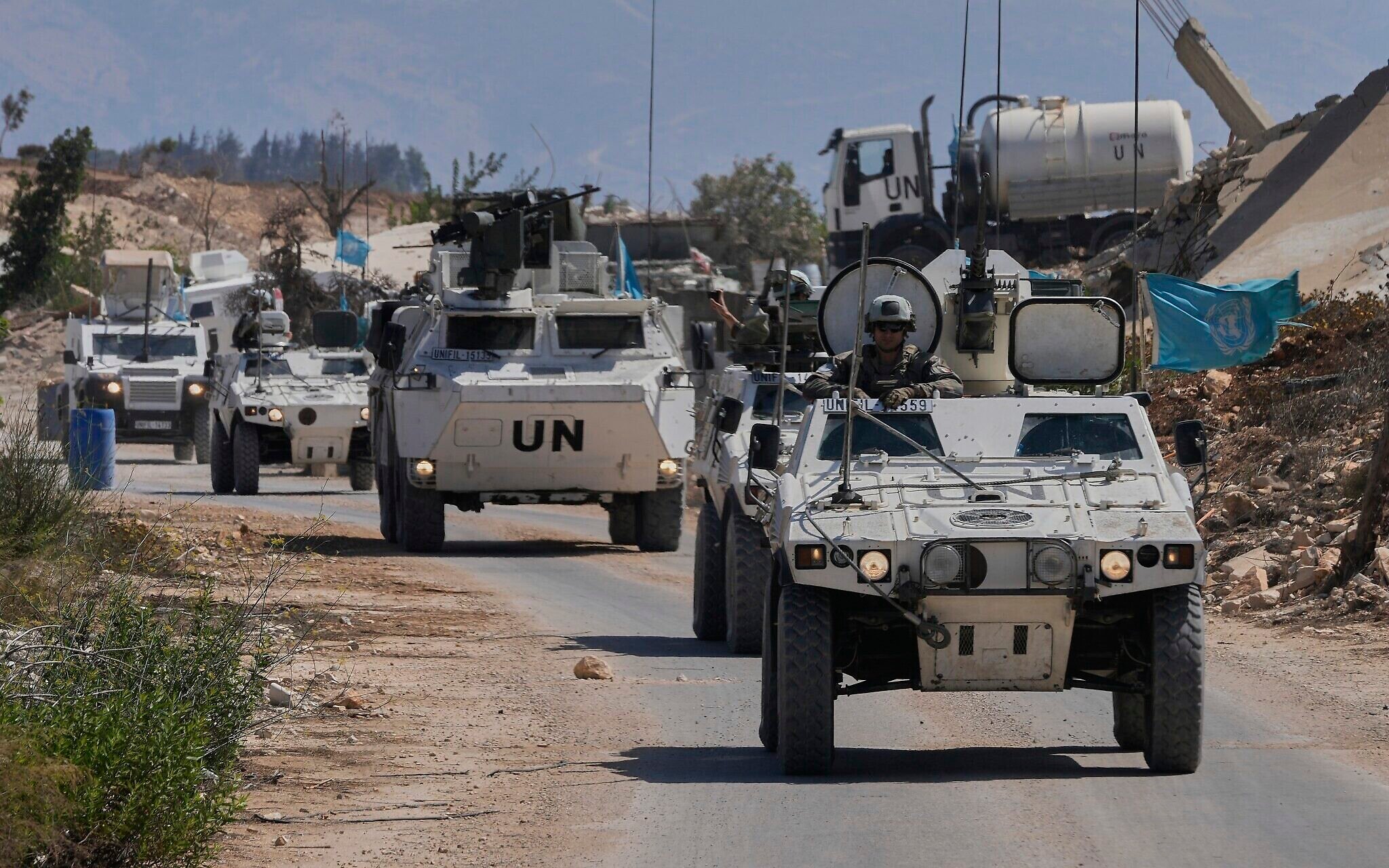



The Israel Defense Forces on Thursday night said it struck several Hezbollah targets in southern Lebanon, as the UN Interim Force in Lebanon (UNIFIL) announced its observers and Lebanese Armed Forces soldiers located a Hezbollah tunnel.
Among the targets struck by Israel were weapon depots and a rocket launcher, according to the military.
The presence of the Hezbollah infrastructure in southern Lebanon was a violation of the ceasefire deal between Israel and Lebanon, the IDF said, referring to a November 2024 truce deal.
UNIFIL meanwhile said in a statement that the tunnel found near the southern Lebanese town of Qoussair was “approximately 50 meters” (164 feet) long, and that “several unexploded ordnances” were also found in the area.
“In line with resolution 1701, the findings were handed over to the LAF,” the observer force said, referring to a UN-backed ceasefire resolution between Israel and Hezbollah.
“UNIFIL continues to patrol, monitor and work with the LAF to help bring back stability and security to the area of operations,” it said.
The announcement came as the United Nations Security Council is reviewing a French-drafted resolution to extend the peacekeeping mission, which was established in 1978 and patrols Lebanon’s southern border with Israel. The mandate for UNIFIL is renewed annually, and the council is expected to vote on August 25 before its current authorization expires at the end of the month.
Israel and the United States have reportedly opposed the renewal of the force’s mandate. The latter, a veto-wielding council member, told a closed-door council meeting on Monday that the mission should only be extended for one final year, said diplomats, speaking on condition of anonymity.
UNIFIL‘s mandate was expanded in 2006, following a month-long war between Israel and Hezbollah, to allow peacekeepers to help the Lebanese army keep parts of the south free of weapons or armed personnel other than those of the Lebanese state.
The peacekeeping force failed in this objective as Hezbollah effectively established control of southern Lebanon despite the presence of the Lebanese army. The Lebanese terrorist organization’s political faction was also Lebanon’s most powerful political force.
Under the ceasefire agreement from November, which ended a year of fighting that began when Hezbollah started attacking Israeli towns and bases after its ally Hamas’s October 2023 attack in southern Israel, Beirut’s army has been deploying in south Lebanon and attempting to dismantle the Iran-backed terror group’s infrastructure there.
Lebanon’s cabinet this month tasked the army with developing a plan to disarm Hezbollah by the end of the year, which the terrorist organization has vowed to resist, saying it would fight to keep its weapons and threatening that there will be “no life in Lebanon” if attempts are made to relieve it of its arms.
Times of Israel staff and agencies contributed to this report.
